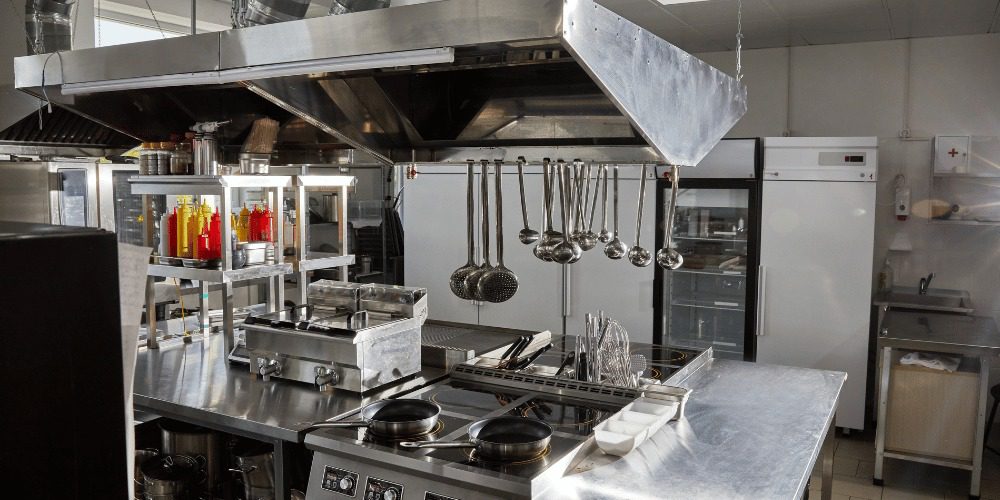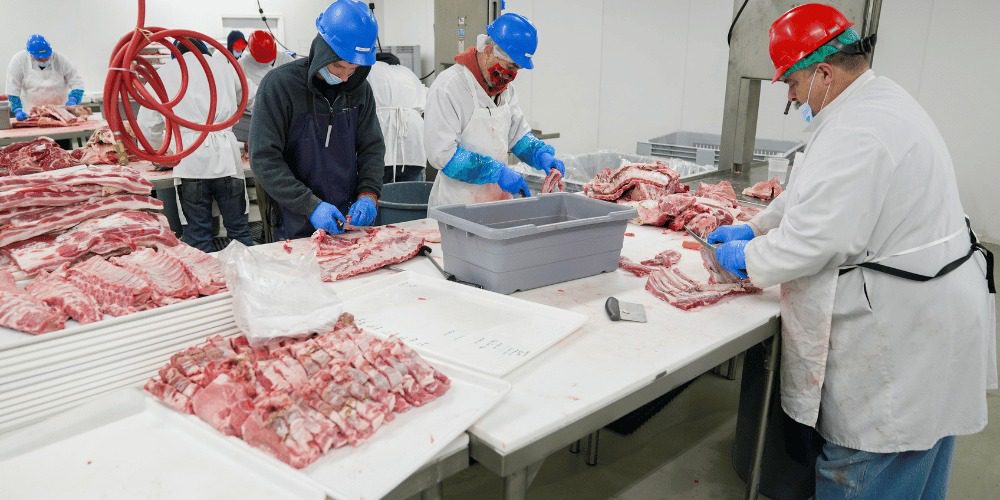Restaurants are places where it is necessary to ensure good hygiene and food safety. But why is this so important? When the necessary measures are implemented to ensure that the food that is prepared and served to diners is in perfect condition, it ensures that it is also fit for human consumption. Therefore, the health of consumers is being protected.
Food safety in restaurants
For food to be safe for consumers, many factors must be considered, but the main one is to ensure the best restaurant cleaning, which can be carried out by a commercial cleaning service expert.
Necessary measures should be implemented to ensure the good condition of food for human consumption. These actions prevent foodborne illnesses and reduce the risk of food contamination.
Food safety in restaurants implies that each stage of food preparation is attended to. From the moment the ingredients for each recipe are received, to the preparation of each dish.
The practices that must be carried out for this are the following:
- Ingredients must be fresh and in excellent condition.
- Keep all food storage and preparation areas clean and sanitized.
- Conduct training for employees in food hygiene and safety practices.
- Monitor food temperatures and ensure that food is cooked and maintained at safe and appropriate temperatures.
- Food should be labeled and stored very carefully, and all specific records of preparation procedures should be maintained.
- Carry out pest control safety plans or measures to prevent food contamination.
- Develop safety protocols for the handling and disposal of food waste and residues of other materials that may cause contamination.

Importance of ensuring food safety in a restaurant
Food safety is important and fundamental in restaurant cleaning for several reasons:
Protecting the health of consumers
Food that is in a state of contamination or poorly prepared could cause some serious or fatal illnesses, in the worst-case scenario.
Image and reputation
A restaurant that does not maintain protocols with a professional commercial cleaning service will have its reputation affected. If it happens that a customer gets sick because of bad food, he/she will possibly share his/her experience with other people, leaving very negative recommendations of your restaurant to others.
In addition, in the reviews on your website you could leave negative comments, causing the number of customers to decrease.
Comply with the law
Every business that distributes or sells food must be subject to food safety regulations and laws, and they must be complied with. Otherwise, restaurant owners must face fines, penalties or temporary or permanent closure of their business.
Satisfied customer
Every diner expects to find safe and wholesome food in a restaurant, thus ensuring customer satisfaction.
Profitable business
If there is no hygiene and food safety in a restaurant, it can generate diseases that are transmitted by these foods, thus increasing the additional costs of the business. It is therefore important to ensure the profitability of the business.
Staff protection
With food safety you will not only be protecting your customers, but also your employees, who could be exposed to potential food safety risks when they are in the process of handling and preparing food. Therein lies the importance of implementing preventive safety measures to protect health.
Encourage customer loyalty and trust
A customer will only be loyal if he/she is satisfied with the service and the experience he/she has when tasting food that is well prepared and in good condition. This is why customer trust and loyalty are encouraged.

What are good food safety and hygiene practices that can be implemented in a restaurant?
Some examples of good food safety and hygiene practices in restaurants include the following:
– Purchase fresh, high-quality ingredients: ensure that the food your customers eat is safe.
– Frequent cleaning and disinfection in all areas: it is important to implement cleaning and disinfection protocols in the kitchen, utensils and in all areas of the restaurant, to avoid contamination of food. As well as frequently cleaning the restaurant’s dishwashers.
– Proper training of personnel in food hygiene and safety: by providing training and education to all personnel regarding hygienic practices in the food they prepare to avoid making mistakes.
– Importance of separating raw and cooked foods: both types of food should be kept separate. Each on its own side, to avoid what is known as cross-contamination and thus the proliferation of bacteria.
– Safe cooking temperatures: all foods should be cooked at appropriate temperatures to avoid foodborne illness.
– Proper food storage: as when cooking, food should be stored at appropriate temperatures so that bacteria and other microorganisms do not proliferate.
– Keeping track of the expiration date of ingredients: this avoids the use of expired or spoiled food.
In conclusion, it is essential that restaurants implement all these hygiene and food safety measures and controls to ensure the health of customers and employees. While collaborating in the good reputation and integrity of your business.
By following good food hygiene practices, you will maintain the profitability of your business, build customer confidence and comply with legal regulations.
